Navigating Chicago Real Estate: Selling Homes with Fire Damage
In Chicago, while fire damage can impact real estate transactions, it doesn't necessarily deter…….
In the vibrant city of Chicago, navigating the real estate market involves understanding various complexities, one of which is dealing with fire-damaged properties. The question, “Can you sell a house with fire damage in Chicago?” is a pertinent one for homeowners, investors, and real estate professionals alike. This comprehensive guide aims to dissect this topic, offering valuable insights into the process, considerations, and strategies involved in selling a property affected by fire. By exploring various facets, from legal aspects to market trends, readers will gain a thorough understanding of the possibilities and challenges that lie ahead when contemplating such a sale.
Selling a house with fire damage specifically refers to the process of marketing and selling a residential property that has experienced a fire incident, often leading to visible or structural damage. In Chicago, as in many cities, these sales involve unique considerations due to the potential for unforeseen issues and regulatory requirements. Key components include:
Assessment of Damage: Evaluating the extent of the fire damage is crucial. This involves an extensive inspection to identify structural integrity issues, water damage from firefighting efforts, smoke residue, and any hazardous materials left behind.
Remediation and Repairs: Depending on the severity of the damage, repairs may range from minor cosmetic fixes to significant renovations. Homeowners or their representatives must decide which damages to address, keeping in mind the potential impact on resale value.
Legal and Regulatory Compliance: Chicago has specific building codes and safety regulations that govern property sales. Sellers must ensure their property meets these standards, often requiring permits and inspections during renovation processes.
Chicago’s history is marked by several significant fires, the most notable being the Great Chicago Fire of 1871, which destroyed large parts of the city. These events led to stringent building codes and fire safety regulations, shaping the way properties are constructed and insured today. While modern-day fire damage pales in comparison, the city’s regulatory framework remains robust, ensuring that any property sale post-fire adheres to strict standards for public safety.
The significance of understanding “can you sell a house with fire damage Chicago” lies in its potential impact on homeowners’ financial well-being and the overall real estate market. A successful sale can provide relief to owners, allowing them to move forward with their lives, while a poorly handled transaction might result in financial losses or legal complications.
The concept of selling fire-damaged properties is not unique to Chicago; it’s a global phenomenon influenced by varying market conditions, cultural norms, and regulatory frameworks. Here’s a glimpse into the international landscape:
| Region | Market Trends | Regulatory Environment |
|---|---|---|
| North America | High demand for fixer-uppers in some markets, driven by affordable prices and DIY culture. | Stricter regulations post-disasters, with codes often requiring more rigorous inspections and repairs. |
| Europe | Diverse approaches; some countries have robust systems for rehabilitating historical buildings, while others struggle with post-fire reconstruction. | Varying degrees of government involvement, from hands-off approach to significant subsidies for renovation. |
| Asia Pacific | Rapid urbanization drives demand for housing, even in areas with limited resources for fire damage repairs. | Growing awareness of safety standards, leading to more stringent regulations and building codes. |
Chicago’s real estate market is tied to these global trends, with investors often seeking unique opportunities. The city’s reputation as a resilient metropolis after past fires has attracted buyers willing to take on renovation projects, creating a dynamic market for fire-damaged property sales.
The economic landscape plays a significant role in the sale of fire-damaged properties in Chicago:
Price Points: Properties with fire damage often present as affordable options, attracting buyers seeking entry into the real estate market or investors looking for renovation projects.
Supply and Demand: Market conditions can heavily influence pricing and demand. In a buyer’s market, sellers might need to be more flexible with their asking prices. Conversely, a seller’s market could present opportunities for premium pricing if the property is well-remediated.
Investment Opportunities: Fire damage can also be seen as an investment potential. Some buyers specialize in purchasing distressed properties and revitalizing them for resale or rental income. This strategy requires substantial capital and expertise but offers significant returns.
Financial considerations are paramount when dealing with fire-damaged properties:
Repair Costs: Accurately estimating repair expenses is critical. Homeowners should obtain detailed quotes from contractors, considering both structural repairs and aesthetic renovations. These costs will impact the overall market value of the property.
Insurance Claims: Filing an insurance claim for fire damage can provide financial assistance for repairs. Understanding policy limitations and deductibles is essential. In some cases, homeowners may need to cover a significant portion of the repair expenses out of pocket.
Resale Value: The potential for future profit or loss depends on how well the property is repaired and its resulting resale value. Market conditions at the time of sale will play a crucial role in determining profitability.
Chicago’s Department of Building and Zoning regulates property sales and renovations, ensuring compliance with building codes, safety standards, and zoning regulations. Sellers must navigate these requirements to avoid legal complications:
Building Permits: For any structural changes or renovations exceeding specific thresholds, permits are required. These permits ensure that the work meets code requirements.
Inspections: Regular inspections during and after renovation projects are mandatory. Builders and contractors must adhere to these inspections to obtain final approvals and occupancy certificates.
Disaster Assistance Programs: Chicago offers various programs to assist homeowners with fire damage repairs, including grants and low-interest loans. Utilizing these resources can ease the financial burden on sellers.
The success of selling a fire-damaged property hinges on effective remediation and repair techniques:
Water Damage Restoration: Addressing water damage is crucial. Professional restoration services use advanced equipment to remove moisture, prevent mold growth, and restore structural integrity.
Structural Repairs: Depending on the severity of the fire, structural elements like walls, floors, and roofs may require significant reinforcement or replacement. Obtaining quotes from licensed contractors specializing in these repairs is essential.
Smoke and Odor Removal: Smoke residue can leave a lingering odor and potential health risks. Specialized cleaning services use advanced techniques to eliminate odors and ensure air quality.
Asbestos and Hazardous Material Abatement: If fire damage exposes hazardous materials, professional abatement services are necessary to safely remove them, adhering to environmental regulations.
Selling a fire-damaged property requires a tailored marketing approach:
Transparency: Honesty is key. Disclosing the history of fire damage and any ongoing repairs in listing materials attracts buyers who understand the situation and are prepared for potential challenges.
Highlighting Potential: Focus on the property’s potential rather than its current state. Emphasize the benefits of purchasing a fixer-upper, such as affordable prices and the opportunity to create a unique home.
Professional Photography and Staging: High-quality photography and strategic staging can transform a damaged space into a desirable residence. Professional photographers capture the property’s best features, while staging helps buyers envision their own possessions in the space.
Targeted Advertising: Utilize online platforms and local real estate agents to reach specific buyer demographics interested in renovation projects or affordable housing.
Q: Can I sell my fire-damaged property as-is?
A: While it’s possible, selling “as-is” typically means accepting lower offers and may result in longer days on the market. Repairs and disclosures are still necessary to ensure legal compliance and buyer satisfaction.
Q: How do I know if a repair is necessary?
A: Engage qualified contractors for inspections and estimates. They can assess structural integrity, identify hidden damage, and provide recommendations based on industry standards.
Q: Will my property taxes increase after repairs?
A: Generally, completing renovations may trigger reassessments, leading to higher property tax bills. However, specific tax implications vary by location, so consult a tax advisor for accurate information.
Q: Are there any government assistance programs available?
A: Chicago offers various disaster relief and home repair assistance programs. Research these opportunities to access financial aid or low-interest loans for repairs.
Selling a house with fire damage in Chicago presents unique challenges and opportunities. By understanding the legal, regulatory, and practical aspects involved, homeowners can navigate this process successfully. The key lies in thorough assessment, effective remediation, transparent marketing, and compliance with local regulations. With the right approach, selling a fire-damaged property can lead to a new chapter for both owners and buyers, showcasing resilience and the potential for transformation.
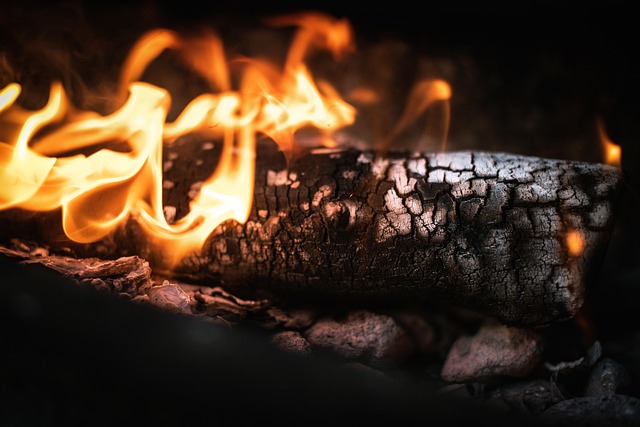
Understanding fire damage repair estimates is crucial for Chicago homeowners looking to sell, as it…….
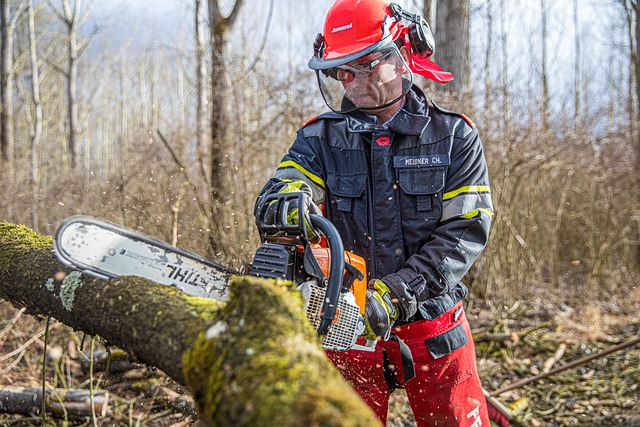
Fire-damaged properties in Chicago offer attractive opportunities for investors and buyers seeking d…….
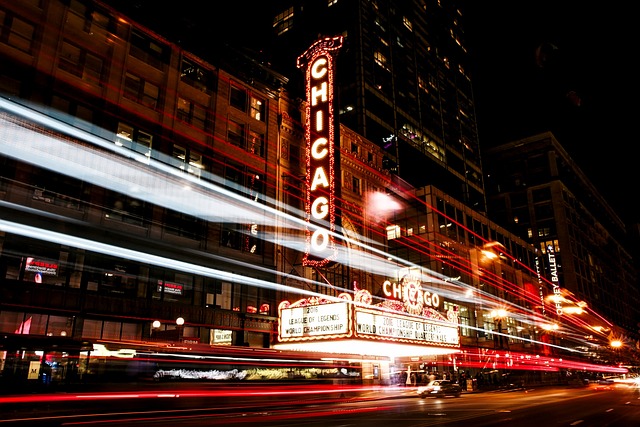
In Chicago, Illinois, property disclosure laws are key for transparent real estate deals. When selli…….
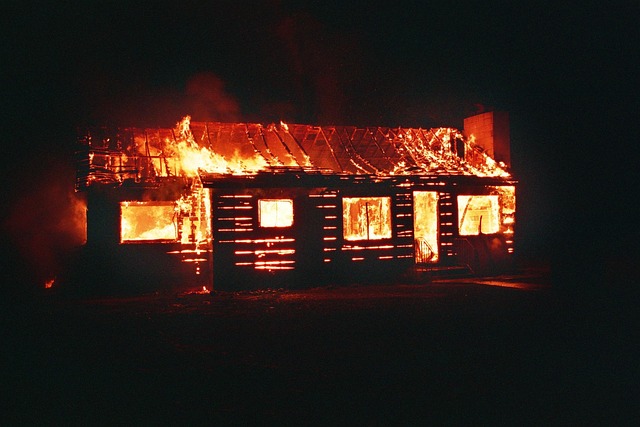
Fire damage restoration in Chicago properties is a specialized process aimed at returning buildings…….

Understanding fire damage assessment is crucial for buying a burned-out home in Chicago. Certified p…….

Fire damage is a common concern in Chicago real estate, affecting property values and market percept…….
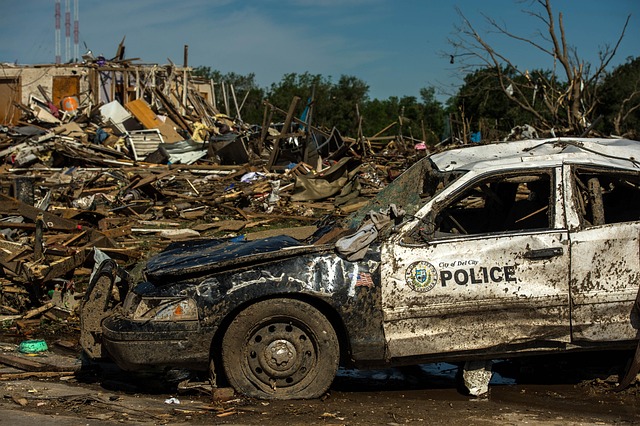
Fire damage significantly impacts the Chicago real estate market, influencing buying and selling dec…….
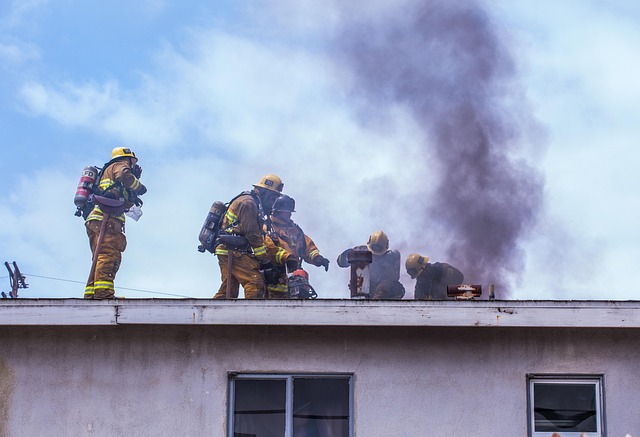
In Illinois, cash home buyers are becoming a popular choice for homeowners facing financial challeng…….